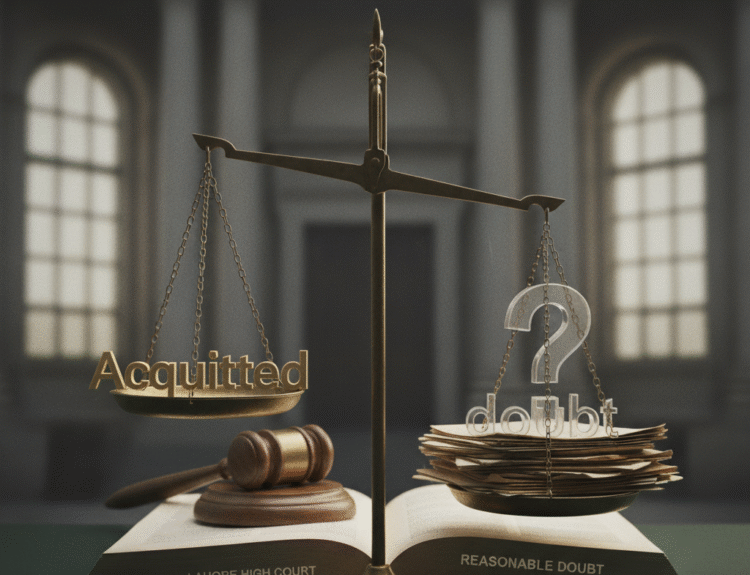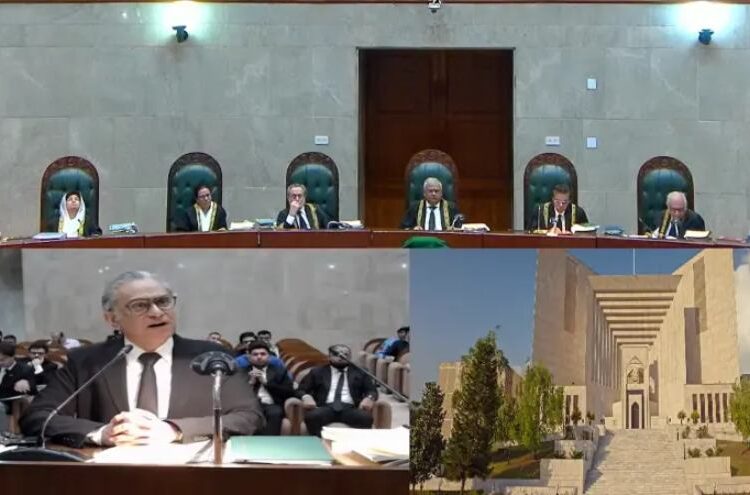ISLAMABAD – President Asif Ali Zardari has given his assent to the Petroleum (Amendment) Bill, 2025, a new law aimed at modernizing the petroleum sector and curbing rampant fuel smuggling. The act, which was recently passed by Parliament, introduces stricter measures and empowers authorities to confiscate illegal petroleum products and vehicles involved in their transport.
What the New Law Does
The legislation directly addresses the issue of smuggled petroleum products, which the government says drains national economy of billions in revenue. The Act empowers Deputy Commissioners, Assistant Commissioners, and Customs authorities to seize vehicles and equipment involved in illegal fuel trade. The bill also introduces an IT-based tracking system to monitor petroleum products and increases penalties for those who violate the law.
Why It Was Passed
- mostbet az
- mostbet kz
- mostbet
- pin up
- 1 win casino
- mosbet casino
- mosbet
- lucky jet casino
- pinap
- mostbet
- mosbet casino
- mostbet uz
- lucky jet casino
- 1 win
- mostbet
- 1 win casino
- pin up casino uz
- pinko casino
- mosbet kz
- pin up uz
- pinup uz
- mosbet
- 1 vin
- mostbet casino
- 1vin
- mostbet uz online
- pin up casino
- mostbet casino
- aviator
- mostbet казино
- pinup
- 1win az
- 1 win kz
According to the Petroleum Division, the bill is a critical step in the government’s efforts to combat tax evasion and crack down on powerful smuggling cartels. It is expected to improve transparency and streamline regulations within the petroleum industry.
Opposition and Concerns
While the bill was approved by the Senate Standing Committee on Petroleum, it faced significant opposition. The committee voted 3-2 in favor of the legislation, with senators from Balochistan voicing strong concerns that the new law would devastate the livelihoods of poor families in the province. Senator Maulana Abdul Wasey argued that the law would negatively impact thousands of small vehicle owners who transport fuel and warned that harsher enforcement could fuel resentment in an already volatile region.
In response, a petroleum secretary assured lawmakers that only large oil tankers – not small vehicles or motorcycles – would be targeted. However, Senator Saadia Abbasi urged for wider consultation with provincial stakeholders, warning against rushing the legislation without their consent. The committee’s chairman, Senator Umar Farooq, stated that the committee’s recommendations would be attached to the legislation to avoid unnecessary hardship for the public.



